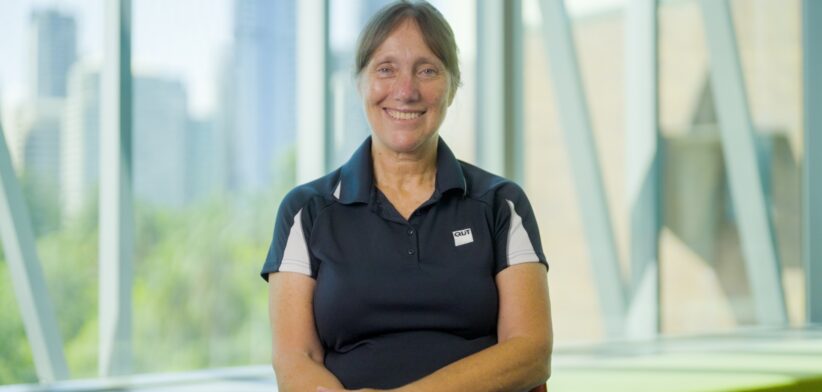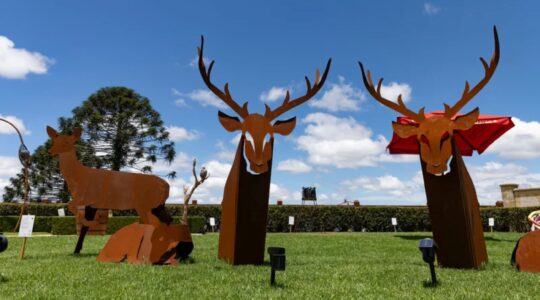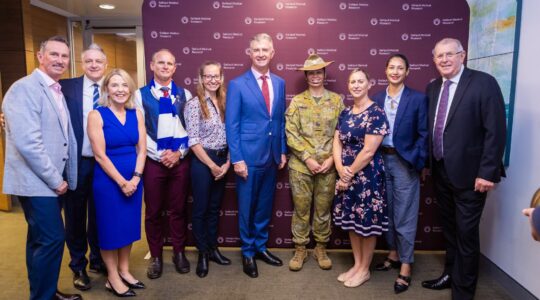From creating Australia’s first interactive cancer atlas to saving jaguars in the Amazon, QUT Professor Kerrie Mengersen’s research is changing the world.
As well as those direct impacts, Professor Mengersen’s research in new statistical and computational methods has landed her one of the highest honours awarded by the Australian Academy of Science.
As a recipient of the Ruby Payne-Scott Medal and Lecture, she was one of 22 researchers from around Australia recognised for their outstanding contributions to the advancement of science with Australian Academy of Science honorific awards.
From the Brisbane university’s School of Mathematical Sciences, Professor Mengersen, who is also the Director for the QUT Centre for Data Science, has applied her methodology to the fields of environment, health and medicine, and industry in a career spanning 35 years.
As well as her statistical models helping to save the declining population of jaguars in the Amazon and driving the creation of Australia’s first interactive cancer atlas, she recently led a citizen science project aimed at improving monitoring efforts for the Great Barrier Reef.
The online tool, Virtual Reef Diver, allows divers to upload photos they’ve taken of the reef which anyone in the world can then annotate with features such as coral, algae and sand.
“Virtual Reef Diver engages everyday people in reef conservation and it’s the kind of project that inspires me on a daily basis,” Professor Mengersen said.
“The opportunity to work with different challenges using skills in data analysis is what keeps my passion for my work alive. It’s what gets me up in the morning wondering, ‘what will today bring?’”
The Academy’s annual honorific awards celebrate the achievements of the country’s leading minds, from researchers who are early in their careers to those who have spent a lifetime contributing to science.
Academy President Professor Chennupati Jagadish said the awards recognised the diverse contributions of researchers across Australia and the power of long-term commitment to science.
“From climate change to public health, Australian researchers are addressing the challenges our communities face every day,” Professor Jagadish said.
“Their dedication to the pursuit of knowledge enriches our understanding of the world around us and sets a great example for generations to come.”
More information on the awards is available online at the Australian Academy of Science.
Nominations are now open for the Academy’s 2025 honorific awards and close May 1, 2024.








